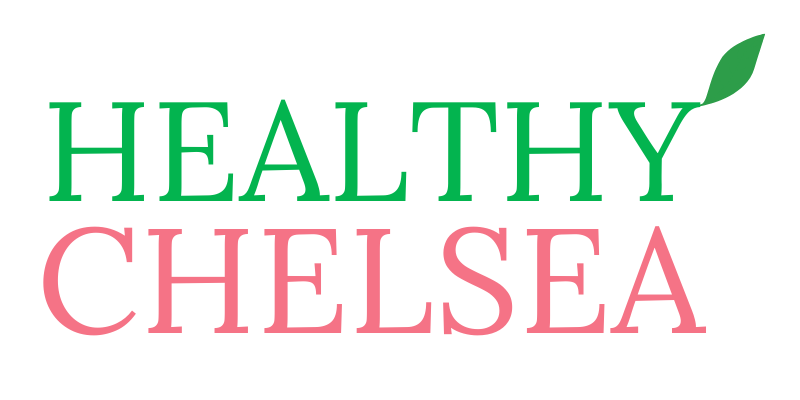One of the most frequently asked food questions I hear:
Isn’t fruit bad for you because it’s so high in sugar?
Current trending diets, like the ketogenic and paleo diets, have sounded the alarm when it comes to fruit sugar.
Sugar in fruit is bad! Fruit is toxic! Fruit makes you gain weight! Sugar in fruit spikes your blood sugar!
No wonder so many people limit and avoid fruit…
But is the sugar in fruit bad for you?
Should you limit your fruit intake?
And how much is too much?
Let’s take an apple for example.
If we look at an apple, it’s a package of fiber, water, vitamins, minerals, phytochemicals, and yes, sugar.
Let’s break down each component of our apple:
1. Fiber
· Slows digestion
· Prevents blood sugar from spiking
· Feeds the healthy bacteria in your gut to improve gut health
· Helps manage your weight
· Keep you full and satisfied
2. Water
· Helps keep you full
· Boosts immune system
· Enhances concentration
· Improves mental function and decision making
· Necessary for exercise recovery
· Regulates body temperature
· Boosts energy
· Carries nutrients to cells
· Protects tissues
· Flushes out waste
3. Vitamins and minerals
· Needed for the health of every tissue, muscle, and organ in your body
· Necessary for metabolism and immune system
4. Phytochemicals
· Antioxidants fight free radicals, which damage your cells
· Prevent cancer
· Lower inflammation
· Promote heart health
· Reduce risk of Alzheimer’s
· Help muscles recover
· Lower risk of diabetes
· Lower risk of stroke
· Reduce blood pressure
· Lower risk of kidney stones
5. Sugar
· Brain food to improve decision making, focus, concentration
· Needed for muscles to work
· Provides energy
The sugar in the apple is used for energy, to feed our brains, muscles, and organs effectively.
When fruit is consumed in its fiber-rich whole form (i.e. not juice), it does not spike your blood sugar, especially if you pair it with a healthy fat (nut butter, nuts, seeds) or protein (hardboiled egg, quinoa, nuts, seeds, whole wheat bread, oats).
And the phytochemicals in a piece of fruit is king!
Those little free-radical fighting superheroes are what help prevent a wide range of disease and illness.
High pigment fruits, like berries and cherries have more phytochemicals than an apple or banana, but all fruits do have some level of phytochemicals.
So don’t be afraid to eat other fruits besides blueberries.
But can you eat too much fruit?
It’s very difficult to eat too much fruit.
Fruit has a built-in stoplight that prevents you from eating too much.
The water and fiber in fruit slow your eating and digestion, leaving you feeling full and satisfied- especially if you pair it with those healthy sources of fat and protein.
90% of Americans don’t meet the minimum recommended daily amount of fruit, which ranges from 2-5 cups depending on which organization’s guidelines you read.
Researchers have even studied the effects of eating 20 servings of fruit (1 serving= ~1 cup) each day…
Wow, that sounds like a lot of fruit!
The conclusions of these studies:
20 servings of fruit each day showed no adverse health effects.
What’s a good rule of thumb for how much fruit you should eat each day?
Eat fruit until you are satisfied, as part of a balanced diet.
Sugar from processed food and baked goods is easy to overeat, which can cause weight gain.
Eating too much added sugar (i.e. not a piece of fruit) can:
· Increase inflammation
· Disrupt your microbiome
· Lead to energy swings
· Cause mood swings
· Cause uncontrolled blood sugar
· Increase your risk of disease
But the sugar in fruit tells a different story.
Fruit is nature’s package of fiber, water, phytochemicals, and energy.
You can, and should, enjoy it without guilt or fear 😊





